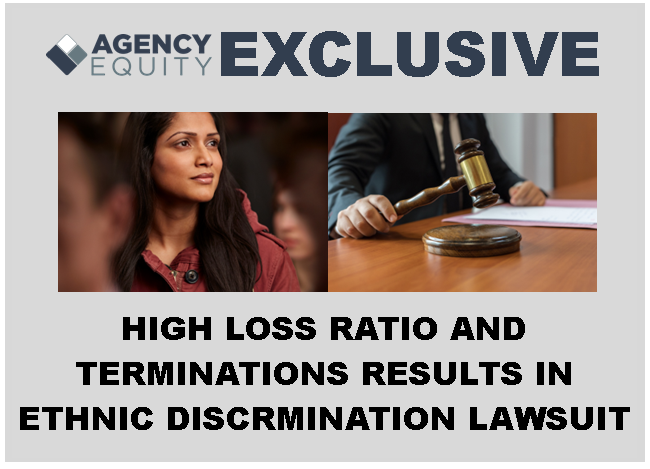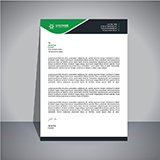
A Michigan agent, faced with apparent ethnic and religious discrimination by his carrier, blamed them for his significant drop in sales and sued them.
The agent was Chaldean – a member of a Christian sect that is Aramaic-speaking and that originated in modern day Iraq. He began selling life and auto insurance as a captive agent for the carrier in 2011. He was located in the carrier’s southeast region and served a community with a very large population of people with Middle Eastern ancestry. Approximately 85% of his customers were either Chaldean or Arab. He was successful, selling the 10th most life insurance policies in the region in 2017 (out of an agent force of 126) and the 27th most auto policies (out of 135.)
In late 2018 or early 2019, the carrier hired a new chief executive officer. He and his vice-president of marketing became very concerned about the carrier’s high auto insurance loss ratios. Their target loss ratio for agents was 60/% or lower.

This agent’s auto loss ratios were poor, running at 171% in 2016 and 124.6% in 2017. In late 2017, a regional sales manager threatened to terminate his appointment because of his unprofitable auto business. When the agent asked what he could do to improve his results, the manager said, among other things, “Don’t sell to people from your culture.”
He advised the agent to steer clear of two communities that had large Chaldean and Arab populations. Another agent testified that he heard the manager make similar statements about selling to these groups. The manager allegedly commented that another Chaldean agent “needed help” with the fact that he tended to write a lot of insurance for his religious group.
The carrier also charged higher rates in ZIP codes with predominantly Chaldean and Arab populations, though this may have reflected those areas’ poor loss experience.
The sales manager gave the agent a plan for fixing his loss ratio that included avoiding selling to people in his culture unless they were good risks. The agent deliberately ignored this. His business was re-underwritten and he was eventually placed in a profit improvement program that limited his authority. He testified that three sales managers verbally berated him. They offered him early retirement but he declined.
His sales dropped dramatically. His auto policy sales fell from 111.5 in 2018 (it is unclear where the “.5” came from) to 5 in 2019. Similarly, his new life policies fell from 35.5 to 4. In June 2019 he asked a manager for help; the manager allegedly said, “I don’t want to insure your people,” threatened to break into his office and steal its contents and “put you out of business.”
The agent sued in January 2020 and was terminated. The trial court judge rejected the carrier’s request for a ruling in their favor based on the law. She ruled that a reasonable jury could find that the carrier had discriminated against members of the public based on ethnicity and religious affiliation. The same jury, she said, could find that the carrier’s racial attitude contributed to the agent’s large drop in sales.
That decision came in November 2021 and the carrier asked the judge to certify the case for advancement to the state court of appeals. In May 2022 she refused to do so, calling it an exceptional step not warranted by the facts. There is no further public record of this litigation. It could be on appeal or it may have been settled.
A carrier must manage the profitability of its book. These managers appeared to cross a line of propriety and legality by blaming the high loss ratio on culture and ethnicity, rather than more quantifiable factors such as traffic density, driving records, or auto theft rates. Perhaps the book was underpriced because of misinformation on the applications. Careful underwriting, especially of an underperforming book, might have corrected this.
This agent called the carrier out on its possible bias. A court may eventually decide he was a lousy risk selector who cut corners. What is known right now is that the managers, who should have been unhappy with the results, pointed their fingers at ethnicity instead of the real loss drivers.















